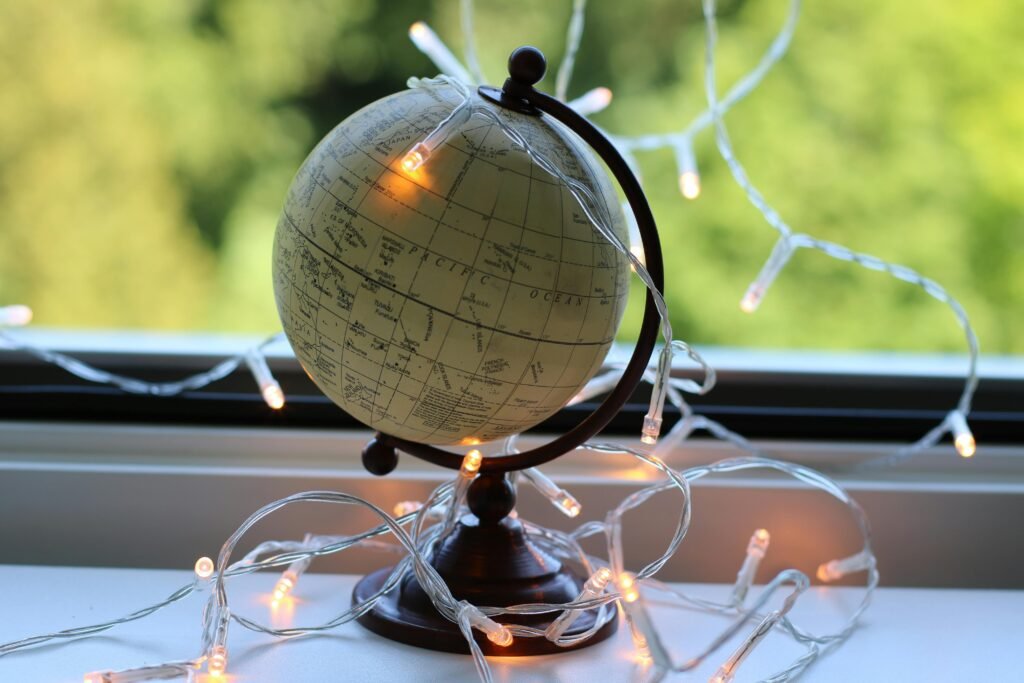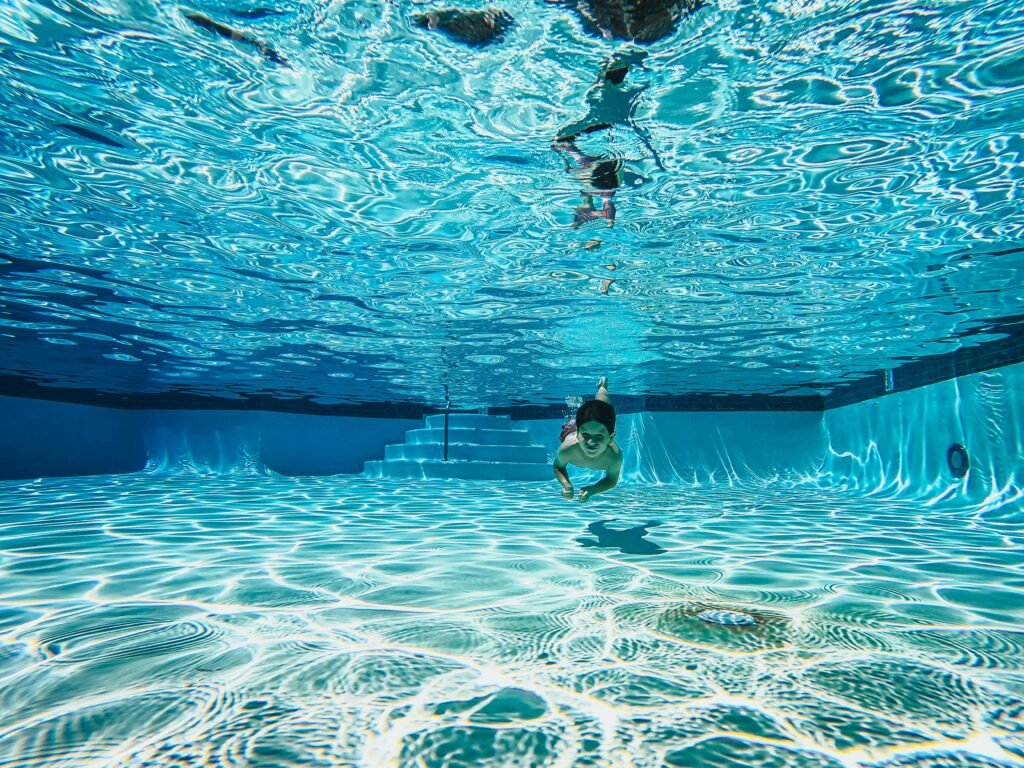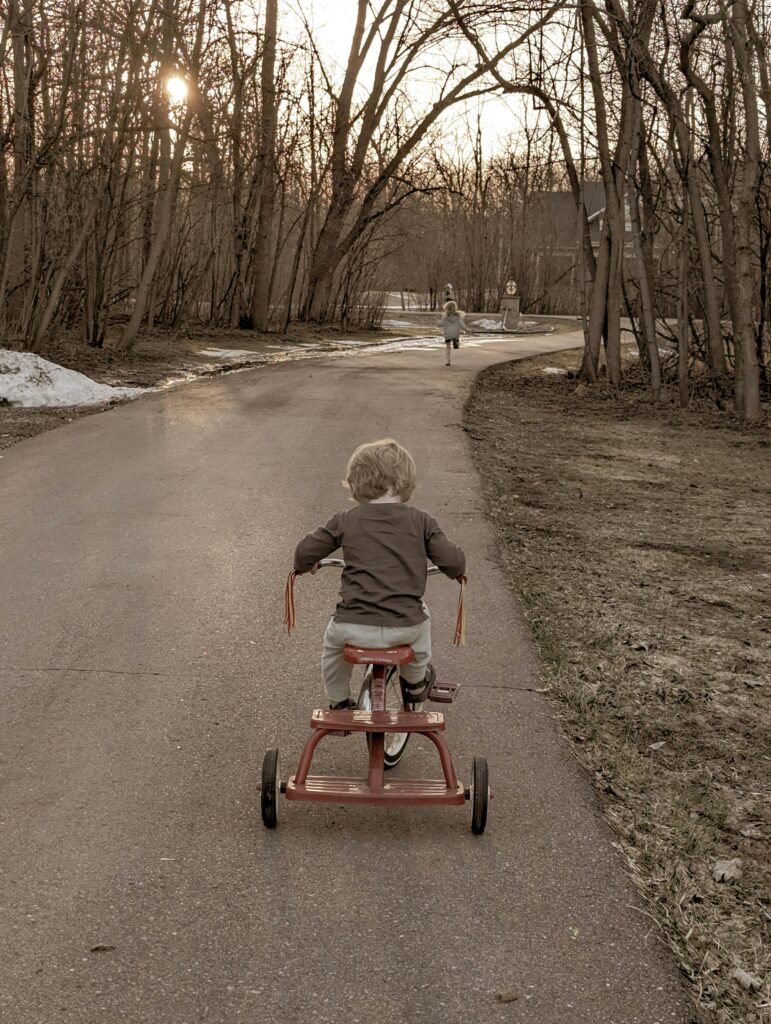
Game On with Knowledge: Turning Playtime into Brain Time
Small Voice, Big Knowledge: How Learning Builds Confidence in Children
How Does It Feel When a Child Talks About Big Ideas?
Have you ever heard a little child talk about the solar system, how volcanoes work, or why birds fly in a V-shape?
It feels magical. Like watching a tiny star hold the sky in its hands!
When a child shares their knowledge — no matter the subject — it’s not just cute, it’s powerful.
It means their mind is active, they are thinking, absorbing, and most importantly — confident.
Why Knowledge Leads to Confidence in Kids
Knowledge gives children a sense of control.
It teaches them how the world works and makes them feel capable of understanding and contributing to it.
When a child says,
“I know this!”
That sentence itself reflects self-belief.
Whether it’s knowing the names of planets or explaining how plants grow — each piece of information makes their world feel more understandable.
And when the world makes sense, kids become bold enough to ask questions, speak up, and explore.
How Learning Boosts Overall Child Development
Knowledge doesn’t only help in exams — it builds the child from the inside out.
1. Improves Communication Skills
Children learn how to express themselves.
They use better words, stronger sentences, and can explain ideas more clearly.
2. Fuels Curiosity and Imagination
The more they know, the more they want to know.
They imagine new worlds, ask unusual questions, and love to explore ideas.
3. Encourages Social Confidence
When a child knows something and shares it, other kids listen.
They get the courage to speak in groups, ask questions in class, and become friendly leaders.
4. Grows Problem-Solving Skills
Knowledge helps kids understand patterns.
If something is difficult, they try to figure it out, not run away from it.
5. Builds Emotional Strength
A knowledgeable child feels less helpless.
They know how to face situations calmly because they understand how things work.
How Do Kids Gain Knowledge?
Children are naturally curious. They pick up knowledge from:
-
📖 Storybooks and picture books
-
🎥 Educational videos or cartoons
-
🎮 Interactive toys (science kits, maps, globes)
-
🌿 Observing nature and animals
-
🧑🏫 Asking parents, teachers, or siblings
-
🧩 Play-based learning and experiments
Let them explore the world — and they’ll surprise you with what they learn!
What Can Parents and Teachers Do?
Children can learn a lot on their own — but with a little support, they can go even further.
✅ Listen to their questions
No question is too silly. Be patient and answer gently.
✅ Give access to age-appropriate books and videos
Choose fun, visual, and knowledge-rich content.
✅ Create time to learn together
Maybe 15–30 minutes daily or weekly.
✅ Encourage speaking
Let them explain things. Applaud even if they say it wrong.
✅ Use the world as a classroom
Gardens, museums, kitchens — all can be places to learn.
✅ Avoid harsh correction
When they say something wrong, guide gently — not with criticism.
How HEY YOUNGSTER Helps
At HEY YOUNGSTER, we believe every child is full of light and potential.
We aim to make learning joyful, engaging, and playful.
Through content, activities, and child-friendly inspiration — we nurture little minds to grow confidently and kindly.
Let’s Cheer for the Little Thinkers!
Knowledge in children is not just for school marks — it’s the key to unlocking their full potential.
So next time your child says,
“Do you know why birds fly in a V?”
Don’t just smile — ask back:
“Tell me more!”
That small encouragement can spark a lifelong love of learning.


